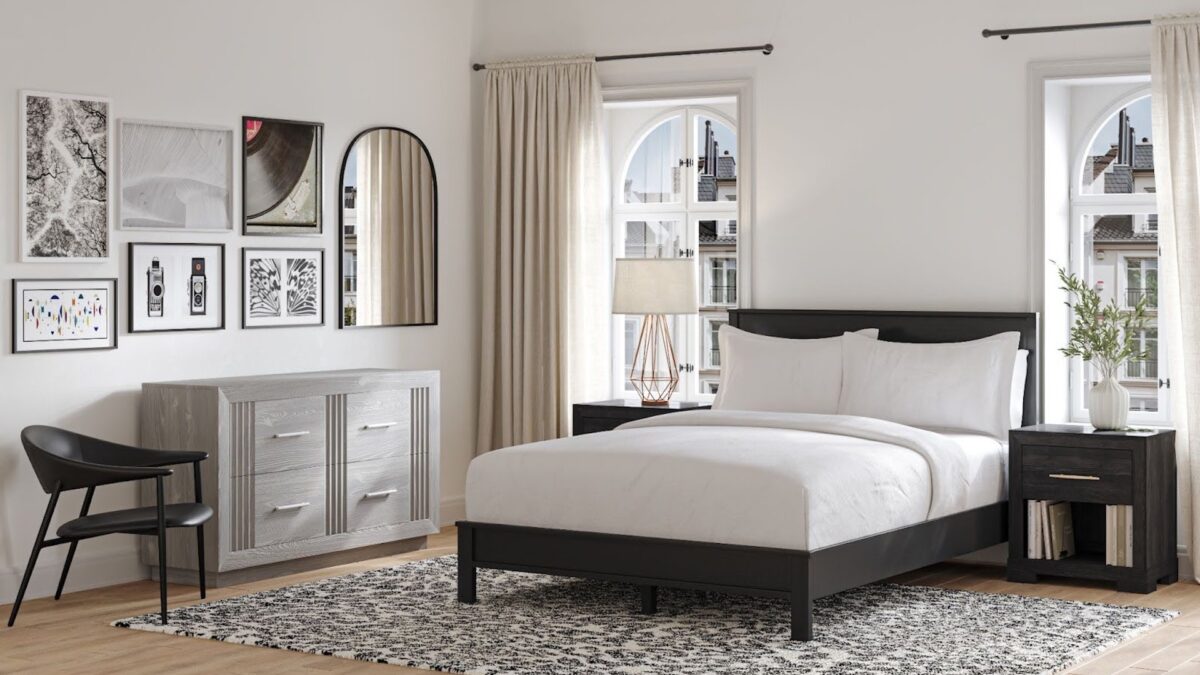Eliminating waste is becoming a necessity like never before. According to National Geographic, 91% of the world’s plastic never gets recycled, and it takes roughly 400 years to degrade — about 14 generations. With one incremental change at a time, you can reduce your carbon footprint, prevent thousands of pounds of waste, and shrink the demand for wasteful products. Ready to do your part? Learn how to create a zero-waste lifestyle with these tips.
What is a Zero-Waste Lifestyle
Leading a zero-waste lifestyle means actively trying to reduce your carbon footprint. You begin to pay special attention to products you consume while also learning to value each item you incorporate into your life, home, and environment.
In short, you start ridding your life of excess waste — from abandoning your dependency on plastic and unnecessary food packaging to opting out of fast fashion clothing and chemical-rich cleaning products. A zero-waste lifestyle is all about leading a more intentional, mindful, and sustainable way of life.
How to Start a Zero Waste Lifestyle:
1. Learn the Basics
Bea Johnson, a popular frontrunner in the zero-waste lifestyle, established five rules for starting the process — refuse, reduce, reuse, recycle, and rot — also known as the 5R’s. By learning these foundational guidelines, you’ll begin your transition into becoming a more conscientious consumer.
- Refuse waste-generating items you don’t need and are likely to discard (i.e., single-use plastics such as straws and water bottles). Instead, learn to say no to waste-producing items while saying yes to sustainability.
- Reduce the amount of waste you create and bring into your life. Think twice before buying stuff you don’t need, and donate things you never use. By ridding your life of useless items, you can reduce your carbon footprint, shop with purpose, and help your community.
- Reuse and repurpose old items you already have at home. For example, turn clothing you no longer wear or need into rags and towels for household cleaning. Or opt-out of wasteful water bottles and drink from a reusable one instead.
- Recycle anything that you’re unable to refuse, reduce, or reuse.
- Rot or compost everything from left-over food and extra cardboard to lint from your dryer or vacuum. Composting can help keep unnecessary items and materials out of already overwhelmed landfills while also fertilizing and benefiting the environment.
2. Eat Mindfully
Avoid processed or prepackaged foods. Instead, go for fresh meats, fruits, and veggies (without produce bags), and make the things you enjoy from scratch. Eating natural foods can also lead to a healthier lifestyle as you’ll avoid unnecessary preservatives while reducing caloric and potentially harmful chemical intake. You’ll have full autonomy over what you put into your body and use less plastic and other packaging materials along the way.
3. Shop Secondhand
Opt-out of fast fashion wherever possible and purchase clothing and jewelry secondhand. Not only will you save money in both the short and long-term, but you’re likely to find unique pieces catered to your unique style. This includes other items you’re comfortable with purchasing secondhand, like gently used furniture, tools, and electronics.
4. Keep an Eco-Friendly Mindset
According to the EPA, waste generation can come from many different sources including, energy, oil, and gas consumption. A zero-waste lifestyle isn’t just about minimizing plastic usage. It’s so much more. Look for other ways in which you can reduce your carbon footprint. Start by reducing your household waste and if you work from home, for example, seek additional eco-friendly methods by minimizing water, thermostat, and electricity consumption.
5. Join the Rental Economy
These days you can rent anything. From renting your entire wardrobe to opting into a furniture subscription, the rental economy provides a way to take ownership of your life without having to create additional waste. Just imagine: freedom from owning, maintaining, and moving items like clothing, textbooks, tools, and other consumer goods that end up in landfills. Consider subscribing to furniture rental as a cost-effective, convenient, and hassle-free solution for furniture on your terms™.
Sustainability Starts With You
Previously leased furnishings keep furniture out of landfills longer while reducing greenhouse gases, water pollution, and waste. So, if you’re looking to furnish your home with zero-waste in mind, look no further than CORT for affordable, eco-friendly furniture and beautiful home decor.





